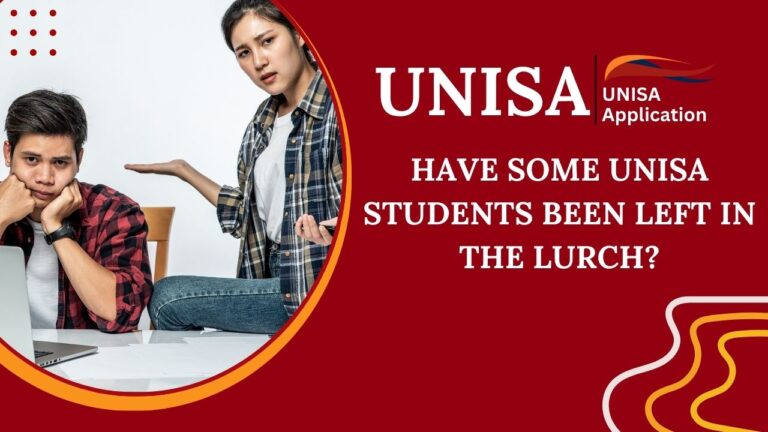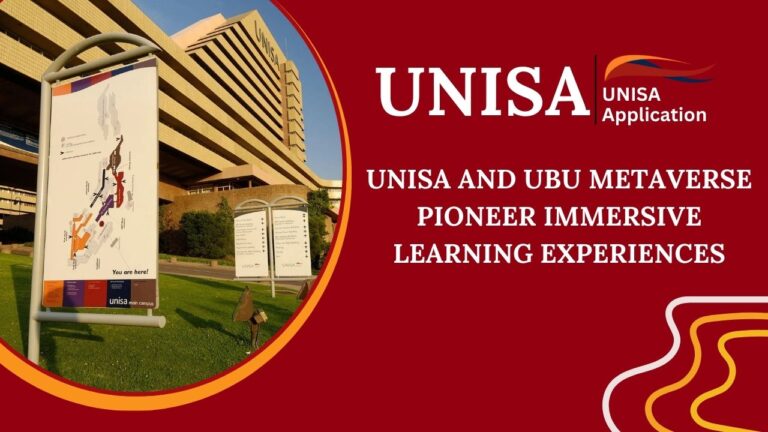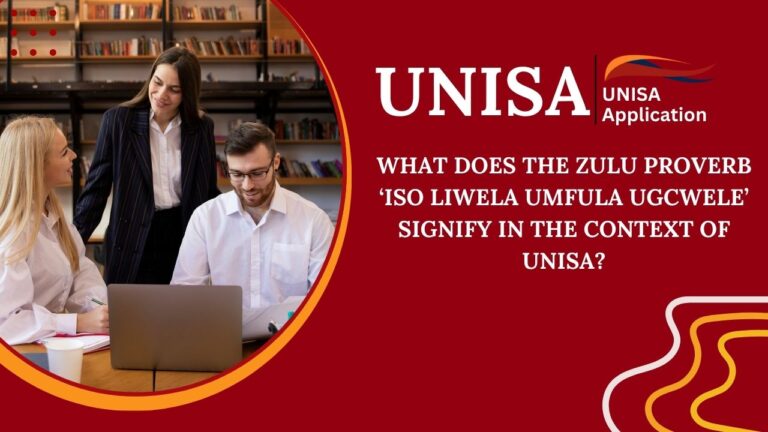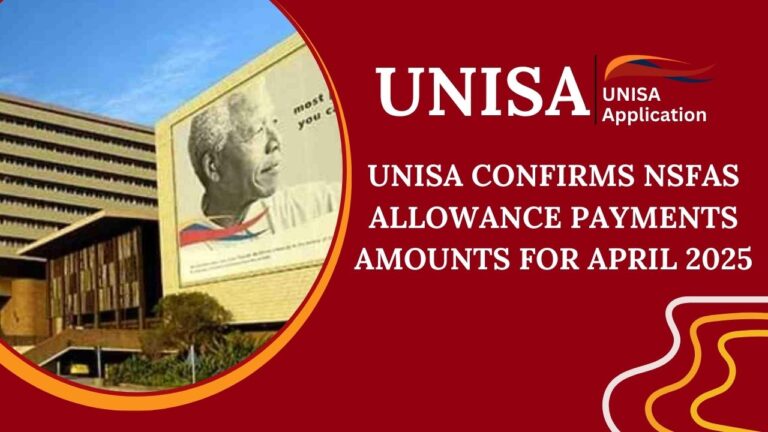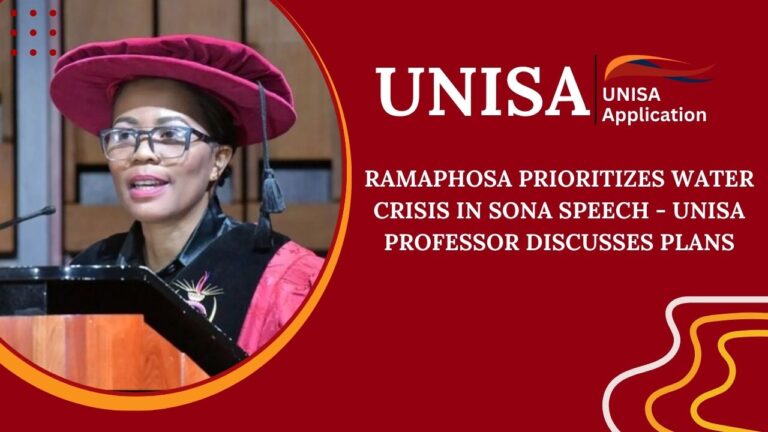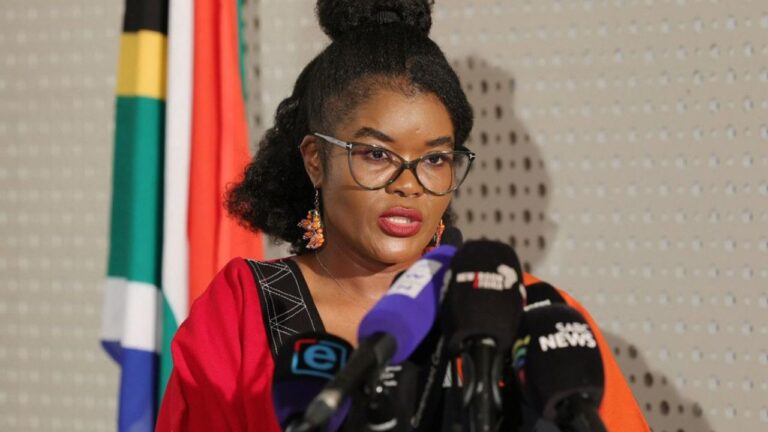UNISA Suspends Another Top Official Who Flagged R500k Spent on ANC-Aligned Gala
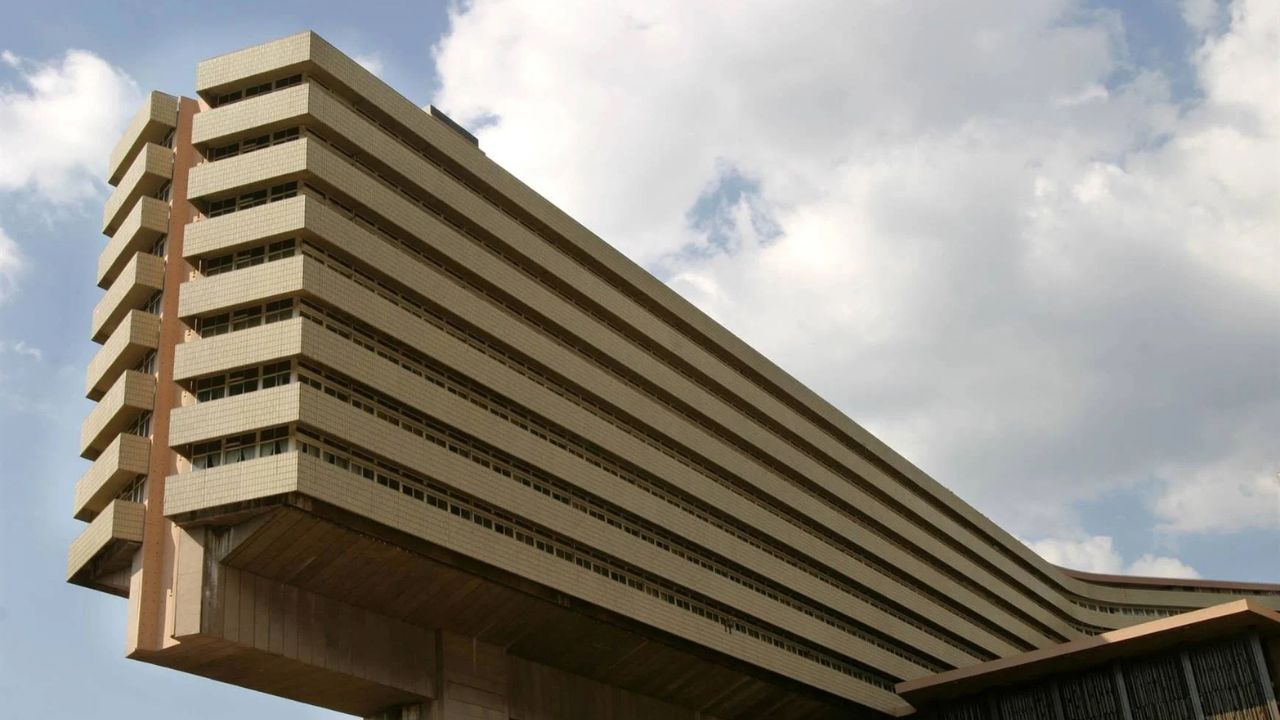
UNISA Suspends Another Top Official Who Flagged R500k Spent on ANC-Aligned Gala. The University of South Africa (UNISA) is once again in the spotlight, following the suspension of a top official who raised red flags over a R500,000 payment for a politically aligned gala event. The incident has stirred nationwide debate on governance, accountability, and the use of public funds at one of South Africa’s largest academic institutions.
Who Was Suspended and Why?
On 29 April 2025, Donald Ndlovu, a senior director in the asset and expenditure unit at UNISA, was placed on suspension after he allegedly downloaded a proof of payment related to an extravagant event aligned with the African National Congress (ANC). Ndlovu, known for his diligence in financial compliance, had flagged the R500,000 payment, questioning the legitimacy and relevance of such an expenditure within the university’s budget.
ANC-Aligned Gala
The controversial gala, allegedly aligned with the ANC, reportedly had no clear academic or institutional purpose. Critics argue that the half-a-million-rand spend was an inappropriate allocation of public university funds, especially given the ongoing financial constraints and operational challenges at UNISA.
While details surrounding the gala’s exact nature remain under wraps, internal sources claim it was a celebratory or networking event with strong political undertones, potentially aimed at boosting political relations rather than educational goals.
Why the Suspension Matters
The suspension of Donald Ndlovu has raised serious concerns over transparency and whistleblower protection within public institutions. According to individuals close to the case, Ndlovu’s only “offence” was his attempt to access and highlight a potentially irregular expenditure. Critics are now asking: Is UNISA punishing transparency?
Whistleblower protection is a cornerstone of accountability. By suspending a staff member for unveiling questionable financial practices, UNISA may be sending a chilling message to other employees who might consider flagging irregularities.
UNISA’s Internal Turmoil Continues
This is not the first time UNISA has made headlines for governance concerns. Over the past few years, the institution has faced mounting criticism for financial mismanagement, poor leadership, and controversial appointments. Multiple reports by the Auditor-General of South Africa (AGSA) have pointed to systemic weaknesses in the university’s financial controls.
The recent suspension only adds fuel to the fire, prompting questions about whether UNISA is facing a deep-rooted governance crisis.
Legal and Ethical Questions
Legally, university funds must be used for educational and operational purposes that benefit students and staff. Using such funds for events tied to political organisations could contravene public finance management regulations.
Ethically, the situation raises alarms about how state-funded institutions maintain political neutrality. Public confidence in institutions like UNISA depends on their commitment to impartiality, academic freedom, and financial integrity.
Reaction from the Public and Civil Society
Civil society organisations and student groups have called for an independent investigation into the R500,000 payment and the circumstances of Ndlovu’s suspension. There are demands for transparency, with many urging Higher Education Minister Blade Nzimande to step in.
Social media users, education activists, and former UNISA alumni have voiced frustration at what they see as a culture of intimidation and political favoritism.
Whistleblowers at Risk in South Africa
This incident also ties into a broader national concern: the treatment of whistleblowers in South Africa. From the Zondo Commission revelations to local government scandals, whistleblowers continue to face retaliation, intimidation, and even threats to their safety. Donald Ndlovu’s case is a stark reminder of the vulnerabilities facing individuals who speak up.
Call for Reform at UNISA
Stakeholders are urging UNISA’s leadership to review internal processes, especially related to whistleblower policies and the use of discretionary funds. There’s a growing call for:
- Clear accountability structures
- Non-partisan use of university resources
- Transparent procurement processes
- Strengthened audit and oversight committees
Ministerial Oversight Expected
Given the intensity of this controversy, there are expectations that the Department of Higher Education and Training (DHET) will intervene. Minister Blade Nzimande has previously urged public institutions to uphold the highest standards of ethics and financial discipline.
Conclusion
The UNISA whistleblower scandal is more than an internal disciplinary issue, it is a litmus test for transparency, ethical leadership, and the ability of academic institutions to operate free from political interference. The R500k ANC-aligned gala and the subsequent suspension of Donald Ndlovu should spark not only outrage but also reform.

